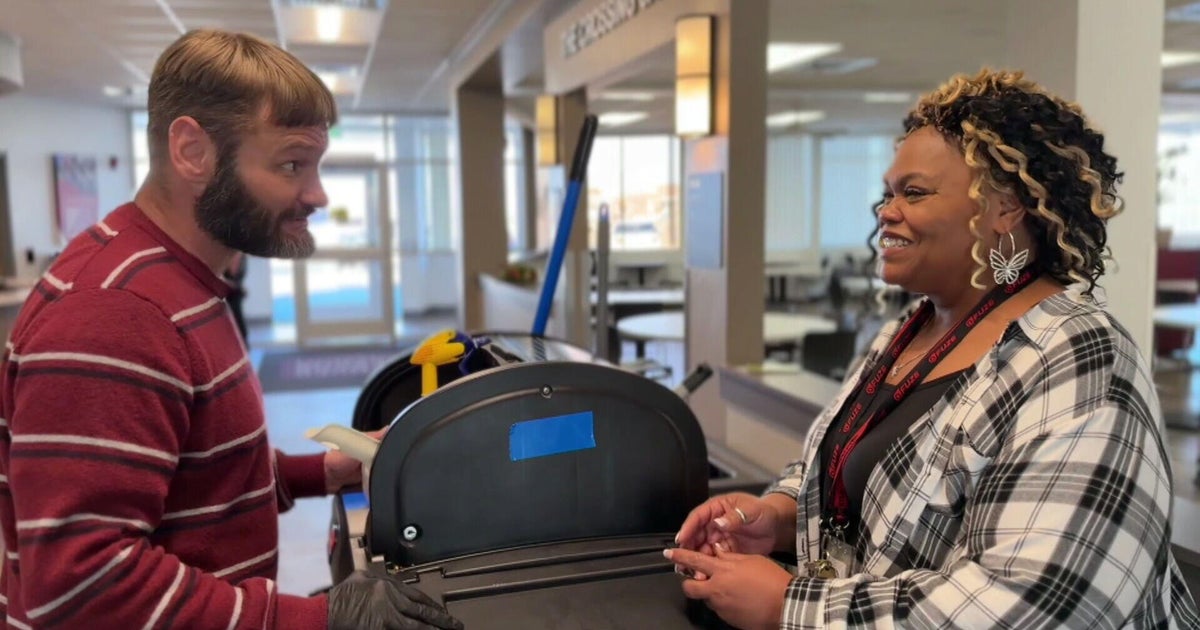Who's using Google and Facebook data in coronavirus fight?
Google and Facebook know a lot about where Americans are and where they go, and the companies also know their location data can help research the spread of coronavirus. In emails to CBS News, the companies described who can access that information to fight the disease, and how they'll protect anonymity.
Google said it considering how to use the data and stressed that users would not be identifiable.
Google is "exploring ways that aggregated anonymized location information could help in the fight against COVID-19," a company spokesperson said. "One example could be helping health authorities determine the impact of social distancing, similar to the way we show popular restaurant times and traffic patterns in Google Maps. This work would follow our stringent privacy protocols and would not involve sharing data about any individual's location, movement, or contacts."
Facebook said it allows researchers to access raw location data to create maps that help study the spread of disease, but that the information does not reveal users' identities.
"Disease Prevention Maps have helped organizations respond to health emergencies for nearly a year and we've heard from a number of governments that they're supportive of this work," the company said. "In the coronavirus context, researchers and nonprofits can use the maps, which are built with aggregated and anonymized data that people opt in to share, to understand and help combat the spread of the virus."
A Facebook source said the company does not allow governments to access location data. Facebook may share massive datasets with researchers who can then share findings with the government. But they are not allowed to reveal the raw data, the source said.
"To be explicit, that (data) is opt in only," the source said, referring to information collected from users who have location sharing turned on in their privacy settings. "And the data sets that are produced with that are not made available to the government. They're available to researchers. And then researchers can do their number crunching and their analysis and sort of figure out where, where populations are moving"
Jennifer Grygiel, an Assistant Professor of Communications at Syracuse University and frequent critic of Facebook policies, warned that such data sharing can have unintended consequences, even when the government isn't given direct access to raw datasets.
"Given the potential for this data to be used in setting government policies, which could potentially restrict the movement of individuals around the country, Facebook should create a Coronavirus specific opt-in for data sharing with guidance on the ways that the government plans to use this data," Grygiel said.
They noted that during the 2016 presidential campaign, a researcher violated Facebook policies to help political consulting firm Cambridge Analytica get a massive trove of deeply personal user information.
"Can Facebook ensure that this data could not, and would not, be used for say political purposes? Cambridge Analytica showed how much information can be gleaned from data that might otherwise appear harmless...how do we know that this new information could not be used to say model voter behavior in the U.S. election? As we fight the coronavirus we must also make sure that democracy isn't unraveled in the process."



